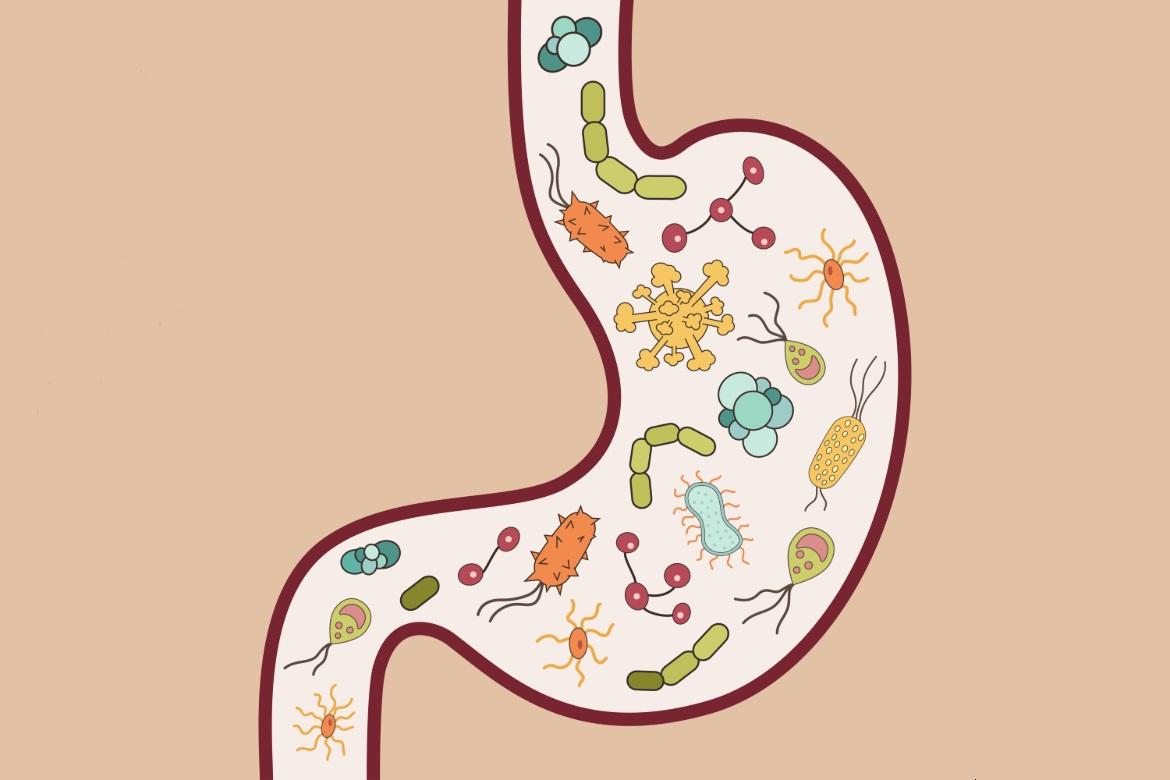-
-
Featured Care Areas

Inflammatory Bowel Disease (IBD)
What is inflammatory bowel disease?
Inflammatory bowel diseases (IBD) refer to a group of disorders that cause chronic inflammation of the digestive tract.
The inflamed walls of the intestines may develop ulcers and, over time, may lead to serious damage of the digestive system.
IBD is estimated to affect more than 6.8 million people worldwide. It can affect anyone of any age, but occurs most commonly between the ages of 15 – 35.
Types of IBD
Inflammatory bowel disease is an umbrella term for diseases including ulcerative colitis and Crohn's disease.
- Ulcerative colitis is characterised by continuous inflammation of the rectum and colon.
- Crohn's disease can occur in any part of the digestive tract, from the mouth all the way to the anus. Instead of continuous inflammation, inflamed patches appear in between healthy areas of intestine walls. Left untreated, it can lead to complications such as stricture, perforation of the intestines, and fistulae.
Irritable bowel syndrome (IBS) vs inflammatory bowel disease (IBD)
While IBS and IBD share similar symptoms, they are distinctly different gastrointestinal conditions.
IBS is a functional disorder, meaning that while its symptoms affect your quality of life, it does not have a serious impact on your health. It can, however, have a significant impact on your psychological health.
Unlike IBD, there is no inflammation and no ulcers in IBS.
IBD is a disease that causes recurring inflammation and damage to the digestive tract.
It can put patients at higher risk of intestinal cancer. This may be colorectal cancer if the colon and rectum are involved, or small intestinal cancer if the small intestines are involved.
What are the symptoms of inflammatory bowel disease?
IBD is often a painful and debilitating condition. Its symptoms vary depending on the severity of inflammation and where it is located.
The common signs and symptoms of IBD include but are not limited to:
- Abdominal pain and cramping
- Bloating, distension or gas
- Persistent diarrhoea, sometimes with blood or mucus
- Rectal bleeding
- Loss of appetite
- Unintended weight loss
- Fever
- Fatigue
- Inflammation of the eyes, skin or joints
- Delayed growth and sexual maturity in children
Many IBD patients tend to experience periods of flare-ups, when the disease is active and causes severe symptoms, and periods with little or no symptoms at all, when the disease is in remission after treatment.
Speak to a doctor if you experience persistent bowel problems that last longer than 1 – 2 weeks, or notice any unusual symptoms such as rectal bleeding, lethargy or loss of appetite or weight.
What causes inflammatory bowel disease?
The exact cause of IBD is unknown.
It is believed that a combination of genetic and environmental factors play a role in triggering the body's immune system to produce an inappropriate inflammatory response in the digestive tract.
What are the risk factors for inflammatory bowel disease?
Several factors are believed to increase your risk of developing IBD:
- Family history. You are at much higher risk of developing IBD if your immediate family members also have the disease.
- Ethnicity. The incidence rate of IBD is higher in Caucasian populations, compared to Asian ones.
- Diet. Excessive consumption of sugar, saturated fat and processed food may increase your risk of developing IBD.
- Smoking. Smoking damages the lining of the gut, and is a major risk factor for Crohn's disease that can be modified through lifestyle changes.
- Non-steroidal anti-inflammatory drugs (NSAIDs). These pain-relieving medications may exacerbate IBD by causing intestinal ulcers and bleeding.
What are the complications and related diseases of inflammatory bowel disease?
If you have IBD, you are at higher risk of developing colorectal cancer.
IBD has also been associated with inflammation of the skin, eyes and joints, renal disease, and primary sclerosing cholangitis (a chronic liver disease that damages the bile ducts).
If IBD is left uncontrolled and not treated promptly, it can lead to serious complications such as:
- Malnutrition. Diarrhoea, abdominal pain and cramping can make it difficult to eat and for the gut to absorb sufficient nutrients.
- Anal fissures. Tears or cracks in the lining of the anus can cause pain and bleeding during bowel movements.
- Fistulae. These abnormal passages typically form in the bowels or perianal area after an anal abscess (build-up of pus caused by infection). They are more commonly associated with Crohn's disease.
- Narrowing of the intestines (stricture). With repeated inflammation and healing, scar tissue may thicken the intestine lining and narrow the digestive tract, sometimes leading to intestinal obstruction. This is more commonly seen in Crohn's disease.
- Severe gastrointestinal bleeding (haemorrhage). This is a rare but potentially life-threatening complication that requires surgical treatment.
- Toxic megacolon. One of the most serious complications of IBD, severe inflammation can cause the colon to become extremely dilated and paralysed. Urgent medical attention is needed to suction out trapped intestinal gas and decompress the bowel to prevent rupture.
- Bowel rupture (perforation). Chronic inflammation and ulceration may weaken the intestine walls to the extent that a hole develops. This can lead to a life-threatening condition known as peritonitis, where the contents of the intestines spill into the abdomen.
How do you prevent inflammatory bowel disease?
There is no proven way to prevent inflammatory bowel diseases.
This page has been reviewed by our medical content reviewers.
Need help?
For enquiries, please call
+65 6575 7575
For appointment bookings, please WhatsApp
+65 8111 9777





